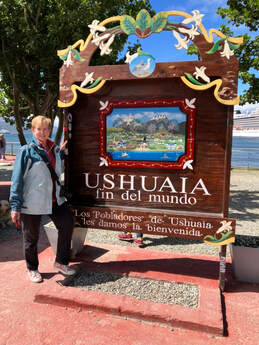 Have you heard that saying, "It's not the end of the world, but you can see it from there."? Well, I found the end of the world. It's in Ushuaia, Argentina, and I discovered it with my friend, Lynette, when we were setting sail for Antarctica. I'm going to document our adventure here. The sign says, "Ushuaia, the end of the world." Below it offers a welcome from the residents of Ushuaia.
0 Comments
Listening to rain on the porch roof and traveling in my mind... ©Shirley K. Weyrauch, May 2021
I'm starting a new project that I've titled "Visual Prayers". Each one will offer an original image, and sometimes there may be a verbal prompt. For today: Haven't we all pushed our way through hard things to unfurl into something new? What thoughts does this image invoke in you? ©Shirley K. Weyrauch, May 2021
Tallest sunflower striving toward rising sun still waits with others. ©Shirley K. Weyrauch, 2020 (words and image) No Yabbuts.
While our children were young, we sometimes made up our own words. A request to pick up their toys, go take a bath or stop slamming the door was likely to be met with, “Yeah, but…” followed by what they felt was a more appropriate thing to do. It happened so often that I found myself repeatedly responding, “No yeah buts.” Eventually it ran together to become the word “yabbut”. I’m reminded of that now, because I’m seeing an awful lot of “yeah, buts” on my Facebook feed by well meaning, good hearted people in response to posts from people of color. “Black Lives Matter.” “Yeah, but All Lives Matter.” “George Floyd’s death is awful.” “Yeah, but this violence and looting has to stop.” “Systemic racism is real.” “Yeah, but I’ve experienced reverse racism.” And so it goes. You’ve probably seen it too. No yeah, buts! Please stop responding and just listen. Allow people of color in your life to share their experiences and pain, without responding, “Yeah, but…” Some people talk as part of their thinking process, and some of us think in order to talk. I’m one of the latter, so I’m not going to be saying much else on this topic right now. I am thinking, reading, and studying. This is where I’ve started my research. The National Museum of African American History and Culture website: https://nmaahc.si.edu/about/news/national-museum-african-american-history-and-culture-releases-talking-about-race-web?fbclid=IwAR1gjiW9k8MPHjZdHJoXKrH2ZWgZSQZIGW0nxioOrzC4LZea6zDNd-SGgxQ I’d be glad if you would join me on the journey. And, “No yabbuts.” © Shirley K. Weyrauch Recalculating. Driving to my son’s house early in the morning, I passed the exit where my GPS wanted me to turn. I’ve driven this route since I earned a driver’s license, and I don’t know why the GPS has decided that’s the most efficient route to take. Without fail, it responds, “Recalculating,” as it does every time I continue on my usual route. I started thinking about how navigating our lives right now is a lot like driving before there was GPS. We might have carried an atlas, state road map, or AAA Triptik with us, and while they were often out-of-date, torn, worn, coffee stained, or just not helpful in a big city crowded with traffic, they were the best we had. We were cruising down the highway of our lives, and all at once, the road ahead is blocked and there is no detour marked. Every plan we had, has changed. What we thought was sure, is not even possible now. Our day planners, smart phones, GPS devices — all the highway signs and digital landmarks we use to plot our lives are now worthless. What do we do? Recalculating. Each of us is having to recalculate what life looks and feels like now. For those who are “essential” things have shifted to warp speed to keep up with the demands of a society in crisis mode. For those with children at home, there’s the online education issue to manage. Working from home can be both blessing and curse. And even for those who generally spend most of their time alone at home, extended stay-at-home orders have proven to be a challenge. Recalculating. We all want to do the best we can with this uncertain time, but what does that mean exactly? I’ve seen hundreds of suggestions for every situation, and I’m sure you have too. While I appreciate the good thoughts, I’m tired of looking at emails with subject lines that start “Ten ways to improve…” You fill in the blank. I know I should read. I know I should write. I know I should get outside. I know I should exercise more. But honestly, I don’t feel like it. Recalculating. I’m spending time wondering. Wondering what we’re learning from this - individually, as communities, and as societies. Wondering what life will be like when we don’t have to stay at home, but still may not feel safe going out. Wondering what lasting changes will be made as a result of the social inequities being revealed, as the pandemic unfolds across our country. Wondering who has the skills required to lead us through such tremendous changes. Wondering if we’ll be willing to try changing. I’m wondering why it took a pandemic to illustrate what we’ve done to our planet. I can’t be the only one finding it ironic that while humanity struggles to breathe, Mother Earth is catching her breath. The air is cleaner. Whales are swimming in shipping lanes. Fish are seen in the now clean canals of Venice. Goats and cattle are roaming highways and streets that once teemed with traffic. I’m wondering who I want to be when this is over, and how do I get there? I’m sure there’s no going back. There’s only a new course forward. What are you wondering? Where are you heading? How will you be different? Recalculating. ©Shirley K. Weyrauch, April 2020
With every day that we continue living under “stay at home” requirements, it gets harder. I saw a Facebook meme from a friend that reminded me, “Introverts, put your book down and check on your extroverted friends! They are not OK.” It made me smile, because I am an introvert, so it’s not been that hard to stay at home and putter around with my various projects. If you are a person who is finding this very challenging, know that you are not alone! The morning I was at this beach, there were three turtles laying eggs. This one pictured was the last one remaining. Someone who arrived at that point might have concluded that she was there alone. But those of us who had been watching could see the other turtles lingering in the waves off shore until she returned to the water. Then they swam away together. Just like that turtle, you have friends and neighbors who are interested in your wellbeing out there somewhere to support you, even if you can’t see them right now. If you are struggling, reach out to a friend through a phone call, text, email, or good old-fashioned letter. Those of us who are able need to check on our friends and neighbors. Are they doing all right? Do they need anything? How can we help each other? I’ve been using my photos to make cards and sending them to friends in assisted living or who live alone. It’s a small gesture, but I hope they enjoy the thoughts and images I share. Someone is going to receive a picture of this turtle and her story. She wasn’t alone, and neither are you. We’re all in this together. © Shirley K. Weyrauch, 2020 I woke up Sunday morning with one thought in my mind.
“How simple are you willing to let this be?” The quote came from our meditation leader at a workshop I recently attended. “How simple are you willing to let this be?” A good question for these turbulent times. There used to be a poster about being like a duck…looking calm on top of the water and paddling furiously underneath. But the only reason a duck needs to paddle furiously is to go against the current — resisting the direction of water flow. It can float on calm water all day without paddling at all. Ducks even sleep while floating. Our lives are usually very complicated. We have jobs, families, appointments, and other things that fill our calendars. Suddenly these are gone or greatly reduced. “How simple are you willing to let this be?” In this unsettling time, think about what you are resisting. What currents are you paddling against? Will it change anything? We can’t change the arrival and spread of the virus. It’s here. We can’t change school closings. They’ve been ordered. We can’t change cancellations. They’re happening and will hopefully reduce the spread and speed of this disease. Another illustration I have seen is a circle with all the things you can control on the inside and the things you cannot control on the outside. Try creating that diagram or list for yourself. What can you control? What is beyond your control? How do you feel when you only focus on the things you can control? Accepting things we can’t change can help us simplify our responses. Doing things that reduce our exposure gives us a measure of control. Wash your hands. Limit trips outside your home. Keep a safe distance between you and others when you must go out. Get some exercise — indoors or safely outdoors. Try to find pleasurable ways to spend your time. There are many suggestions online, if you need help. Talk to friends and neighbors on the phone or through social media. Consume the news in small portions. Laugh. Really the only things we control is what happens in our own homes and how we respond to everything else. Accepting that can reduce the anxiousness we’re feeling about this pandemic. There are still people who have to work and interact with others, providing essential services and healthcare. Do what you must and be as kind as you can. “How simple are you willing to let this be?” ©Shirley K. Weyrauch, March 2020, images and writing If you enjoy my blog posts, take a look at my book, Following the Bread Crumbs. www.shirleyweyrauch.com/book.html I learned something new at a recent photography seminar, which fits well with my desire to combine my writing with my photography. It’s called photoku, and it was introduced by Nancy Rotenberg in her book, Photography and the Creative Life. I heard about it from John Barclay. It involves writing haiku or similar words to accompany a photo. Here’s one example. I may be sharing more in future blog posts. Let me know what you think of this form. If you enjoy my blog posts, take a look at my book, Following the Bread Crumbs. www.shirleyweyrauch.com/book.html ©Shirley K. Weyrauch, March 2020 Our photography workshop was at the summit of Cadillac Mountain. My first impression? A lot of rocks, trees, blindingly blue sky, harsh midday light, and too many people everywhere. I was not inspired, and that’s putting it mildly. Our instructor made her way around checking in with each of us. When she asked how I was doing, I told her I wasn’t sure yet. I dutifully took a few shots and moved around hoping something would catch my eye. Still nothing.
As I wandered, a couple of things finally looked modestly interesting, so I composed a few frames. Then it was time to move on to the next location, still atop Cadillac, but from a different perspective, to wait for sunset. The conditions weren’t much different there. I kept exploring, hoping for a breathtaking view or some clouds to move in to create interest in the sky before sundown. It didn’t happen. I still took a few pictures, hoping to draw inspiration from something. When I got back to my room, I uploaded the day’s images from my camera to my laptop, flipped through them quickly, and went to bed. I decided I had come there to learn, and I was learning, even if I wasn’t getting the stunning Maine photos I had hoped. The workshop ended, my husband flew up to meet me, and we spent a few days returning to some favorite spots and hiking to new ones. We even went back to the top of Cadillac Mountain - mostly so he could see it, not for me. It wasn’t until after I returned home and took a closer look at those early images, that I realized some had potential. One of the lessons I learned was to crop out things that aren’t contributing to the image I had envisioned, ideally in camera while composing the shot. I can still hear one of my previous instructors telling me, “You don’t need the whole bicycle to know it’s a bicycle.” Indeed. That boring sky wasn’t adding a thing to my image. With a couple of key strokes in my photo editing program, it was gone. Ha! That looked better. I was rather delighted to discover I even liked a couple of them. There’s a saying, “You never get a second chance to make a first impression.” While that may be true, I’m glad I went back and took another look at those shots from Cadillac Mountain. Have you ever made a judgement based on a first impression and later changed your mind? What helped you to see things in a different light? © Shirley K. Weyrauch, 2020 |
Details
Shirley K. WeyrauchI love reading, writing, and photography! Spending time with my family and friends around the kitchen table is about the best occasion I know. I'm just beginning to stretch my creative wings, so here's to gentle breezes and clear skies. Archives
May 2021
Categories |
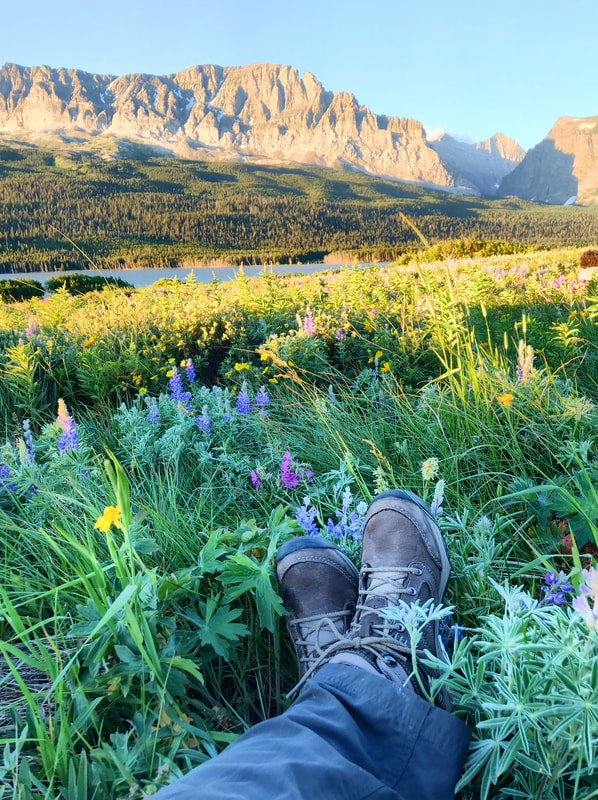
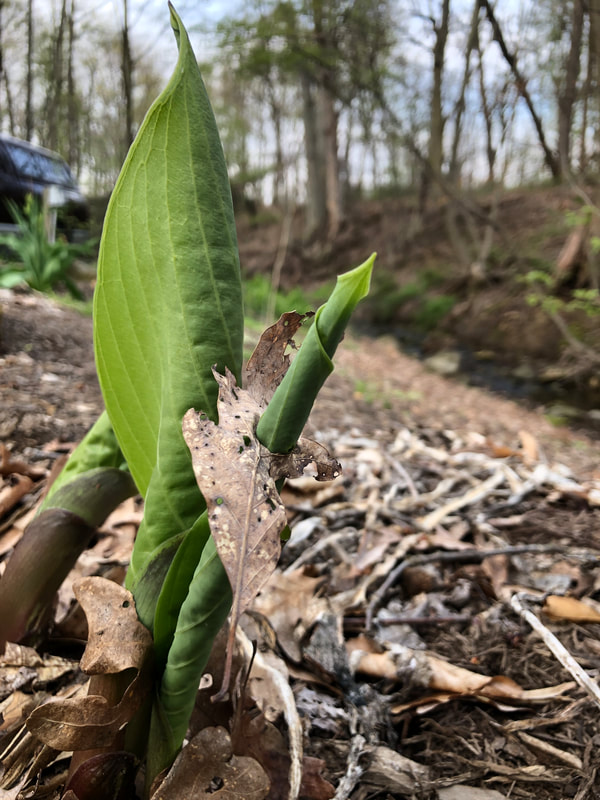
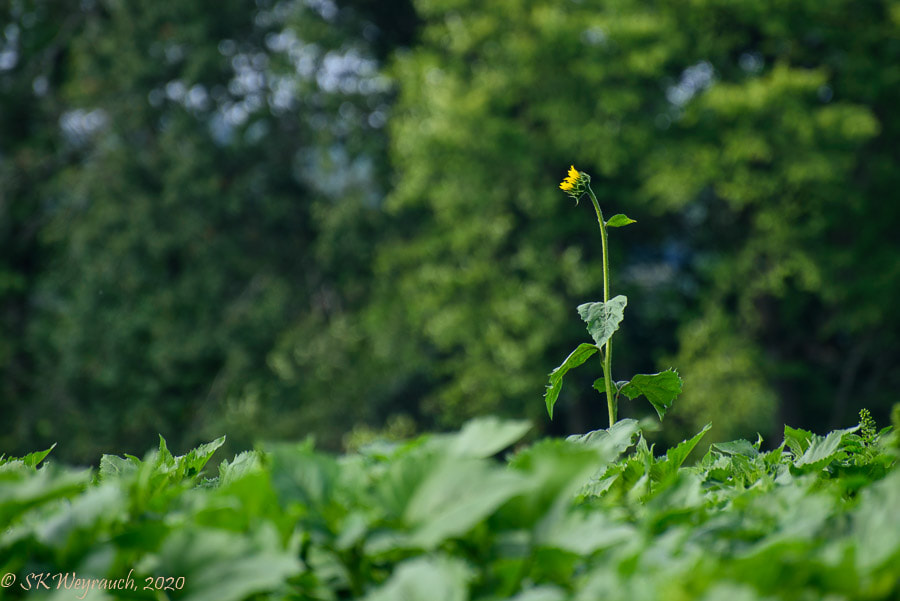
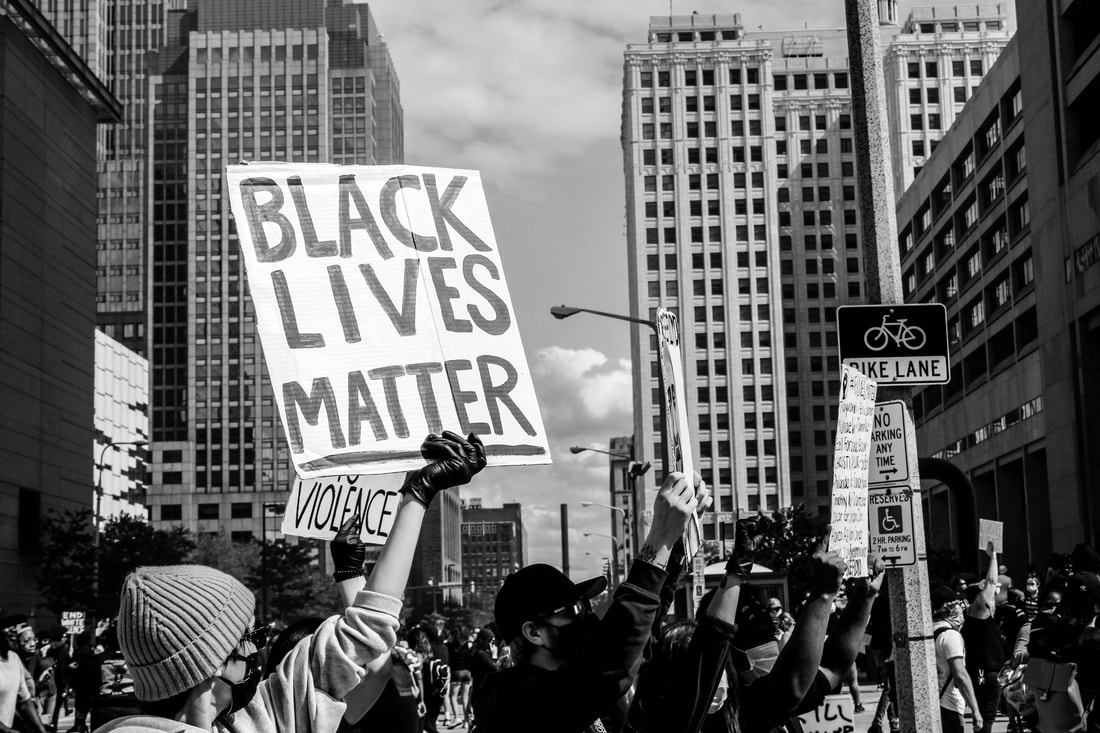
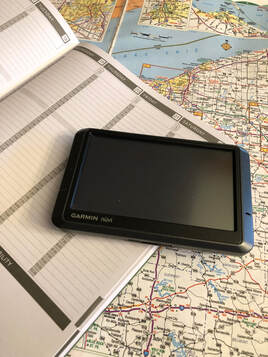
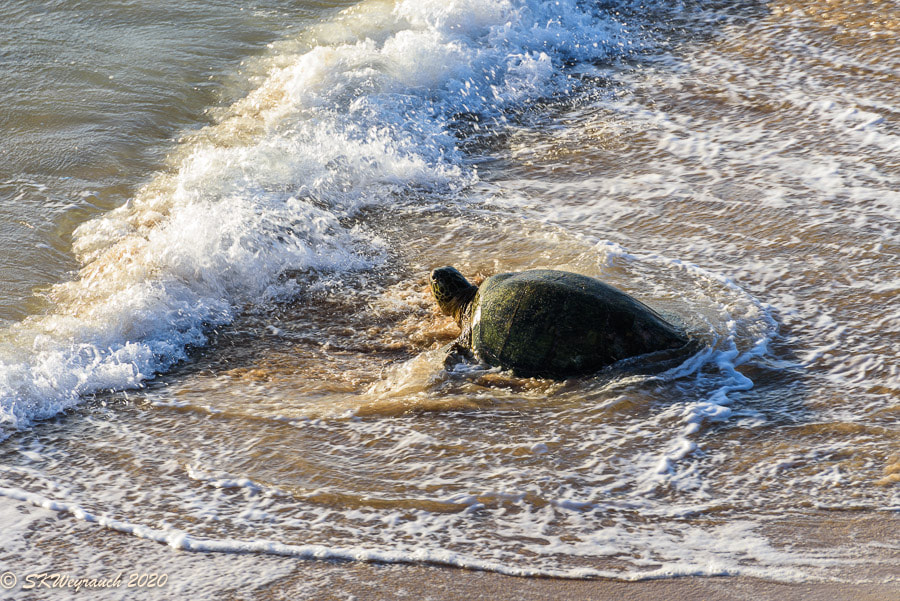

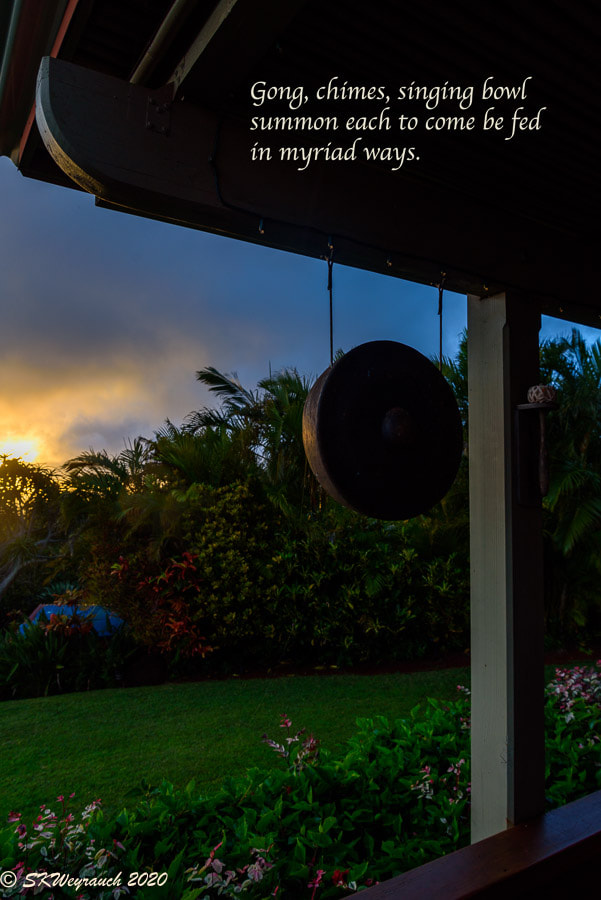
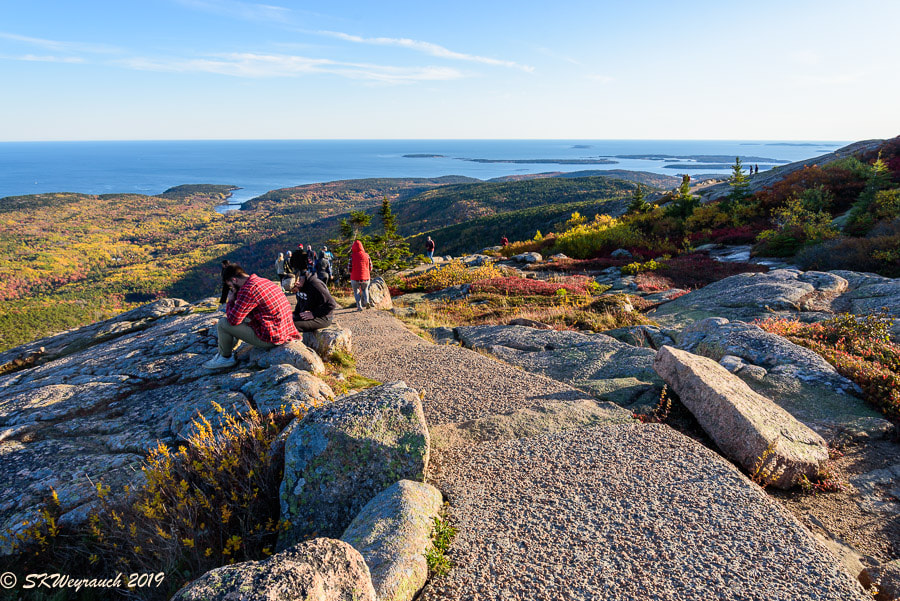
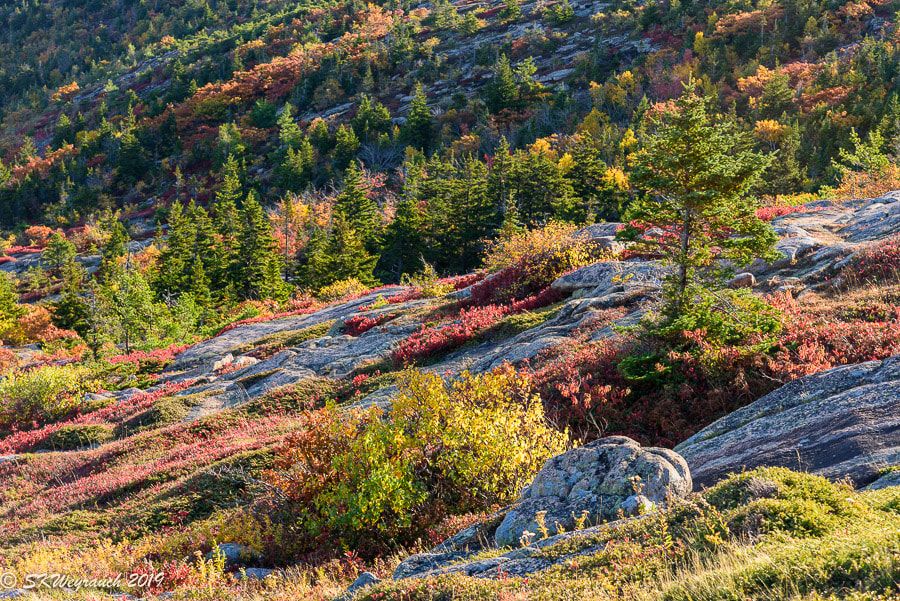
 RSS Feed
RSS Feed